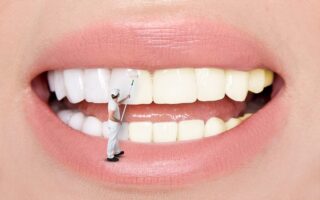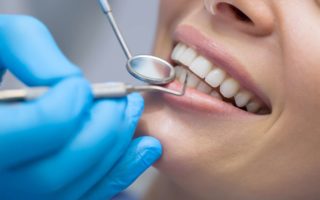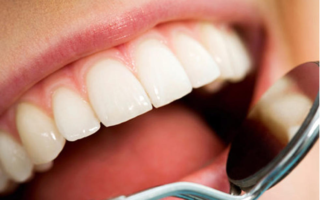In Spain, the results of the best epidemiological study carried out in our country to date have been published in Diabet ologia, the body of expression of the European Diabetes Society, to date, the diabetes Study, which provides us with interesting data on oral health in patients with diabetes.
The data surpass the worst omens since they show that 13.8% of Spaniards older than 18 years have type 2 diabetes, which is equivalent to more than 5.3 million compatriots. Of them, almost 3 million were already diagnosed but 2.3 million, 43% of the total, were unaware that they had the disease.
It is very important to highlight the large proportion of people who are unaware that they have diabetes. The delay in discovering it implies that when the disease is diagnosed 50% presents some complication. This is serious if we consider that the treatment of complications is all the more effective the earlier and that diabetes affects organs as important as the kidneys, sight, heart or nervous system.
Diabetes and oral health problems
The most severe disease in the gums is called periodontitis. At this stage, the gums begin to separate from the teeth. Bags are formed between the teeth and the gums. These fill with germs and pus and become deeper. When this happens, you may need surgery on the gums to save your teeth. If nothing is done, the infection destroys the bone around the teeth. You may begin to move or release your teeth. Your teeth may fall out or you may need to remove them.
Is there a relationship between diabetes and gum disease?
Studies show that people with diabetes have a higher incidence of gum diseases and these add to the list of other complications related to diabetes, such as heart disease, stroke and kidney problems.
If I have diabetes, do I have a higher risk of dental problems?
If your blood glucose level is not well controlled, you will be more likely to have advanced gum disease and lose more teeth than people without diabetes. As with all infections, an advanced gum disease can be a factor that causes increased glucose and hinders the control of diabetes.
Related Article: How can diabetes affect my mouth?
Other oral problems related to diabetes include candidiasis, an infection caused by a fungus that grows in the mouth, and dry mouth, which can cause pain, ulcers, infections and tooth decay.
Can periodontitis cause problems beyond the mouth?
People with gum disease are more likely to develop systemic diseases such as cardiovascular disease, diabetes, alterations in pregnancy, … That is why early diagnosis is important.
How can I prevent dental problems related to diabetes?
First, check the level of glucose in the blood. Then, take good care of your teeth and gums, and get checked every six months. To control candidiasis, an infection with fungi, control diabetes well, avoid smoking and, if you wear dentures, remove them and clean them daily. Good glucose control can also help prevent or relieve dry mouth caused by diabetes.
What can I expect in my checkup? Should I tell the dentist that I have diabetes?
with your help. Keep your dentist and hygienist informed of any changes in your health status and if you are taking any medication. Postpone any non-emergency dental procedure if your glucose is not well controlled.
Take steps to maintain your oral health. Consult the dentist if you notice any problems. If you have diabetes, take the following steps:
- Check your blood glucose level.
- Brush your teeth and use dental floss every day.
- Go to the dentist regularly. Do not forget to tell him that you have diabetes.
- Tell the dentist if your dentures (fake teeth) are not comfortable or if your gums hurt.
If you smoke, stop it! Smoking worsens gum disease. The doctor or dentist can help you quit smoking.
You May Like This: Is Ice Cream Good For Tonsillitis?
Take a few minutes to inspect your mouth regularly and identify any problems you may have. You may notice that your gums bleed when brushing your teeth or when flossing. You may also have dryness, pain, whitish plaques or a bad taste in your mouth. Any of these discomforts justifies a consultation with the dentist.
Remember, proper blood glucose control will help prevent problems in the mouth.




